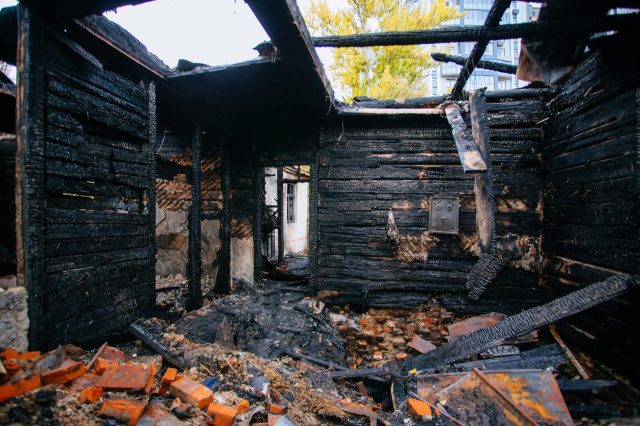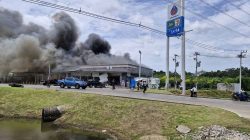The Impact of Wildfires on Insurance Claims in Saskatchewan
Residents of Saskatchewan are facing a new challenge as they deal with the aftermath of devastating wildfires. In addition to the physical damage and emotional toll, many are now struggling with the complexities of insurance claims. According to local reports, thousands of residents have filed insurance claims following the wildfires that swept through the province earlier this year. However, the process has been long and stressful for many.
Linda Lowe from Denare Beach shared her experience, explaining that she has had to work with four different insurance companies to resolve her claim. “I cannot imagine going back to work full-time and having to deal with all the juggling that’s going to take place with the insurance,” Lowe said. She added that she is fortunate to have this summer off, allowing her to spend time at her computer handling the paperwork.
The high volume of wildfire damage claims has also led to significant increases in insurance premiums. This trend is not unique to Saskatchewan; it reflects a broader issue across regions prone to natural disasters. As the risk of such events grows, insurance companies adjust their rates to manage potential payouts. In areas like California, the risk of wildfires has become so severe that some insurers are refusing to offer new policies. Similar challenges are emerging in Colorado and Florida, where the threats of wildfires and hurricanes are increasing.
The Rising Cost of Insurance in High-Risk Areas
Emily Proulx, a branch manager at Hub Insurance in Prince Albert, highlighted the difficulties faced by homeowners in high-risk areas. She noted that some individuals may find it challenging to obtain coverage altogether. “We were trying to put insurance on those properties, and we were getting flat out ‘Nos’ from the insurance companies,” Proulx explained. She described how some insurers use specific criteria, such as a radius of 50 or 75 kilometers, to determine coverage. In one conversation with an underwriter, the term “threat” was used without referencing any specific distance, emphasizing the growing concern over wildfire risks.
The underlying cause of these rising insurance costs is the changing global climate. Human activities, including the burning of fossil fuels, have contributed to more frequent and intense weather events. As a result, areas once considered low-risk are now facing higher premiums, making home ownership increasingly difficult.
Efforts to Address the Insurance Crisis
In Canada, there is currently no legislation in place to protect homeowners from rapidly rising insurance premiums. However, in the United States, there are efforts underway to provide relief. For example, Colorado has taken steps to support homeowners, while California is implementing similar measures. These actions reflect a growing awareness of the need to address the financial burden caused by climate-related risks.
Individuals can also play a role in mitigating the effects of climate change. Small changes in daily habits can contribute to a safer future. Practices such as recycling, planting native gardens, and purchasing eco-friendly appliances can collectively make a significant impact. By making conscious choices, people can help reduce global temperatures and create a more sustainable environment.
Personal Choices and Community Action
As more people consider home improvement projects, the question of budget becomes essential. Many are asking themselves how much they plan to spend on such projects this year. Options range from under $1,000 to over $10,000. These decisions can influence not only personal finances but also the overall health of the planet.
Engaging with community resources can also be beneficial. Joining a free newsletter offers access to good news, useful tips, and practical advice. Additionally, exploring lists of easy ways to help both oneself and the environment can inspire meaningful action.
The situation in Saskatchewan highlights the broader challenges posed by climate change and its impact on everyday life. From insurance claims to rising premiums, the effects are far-reaching and require collective effort to address. By staying informed and taking proactive steps, individuals can contribute to a more resilient and sustainable future.







